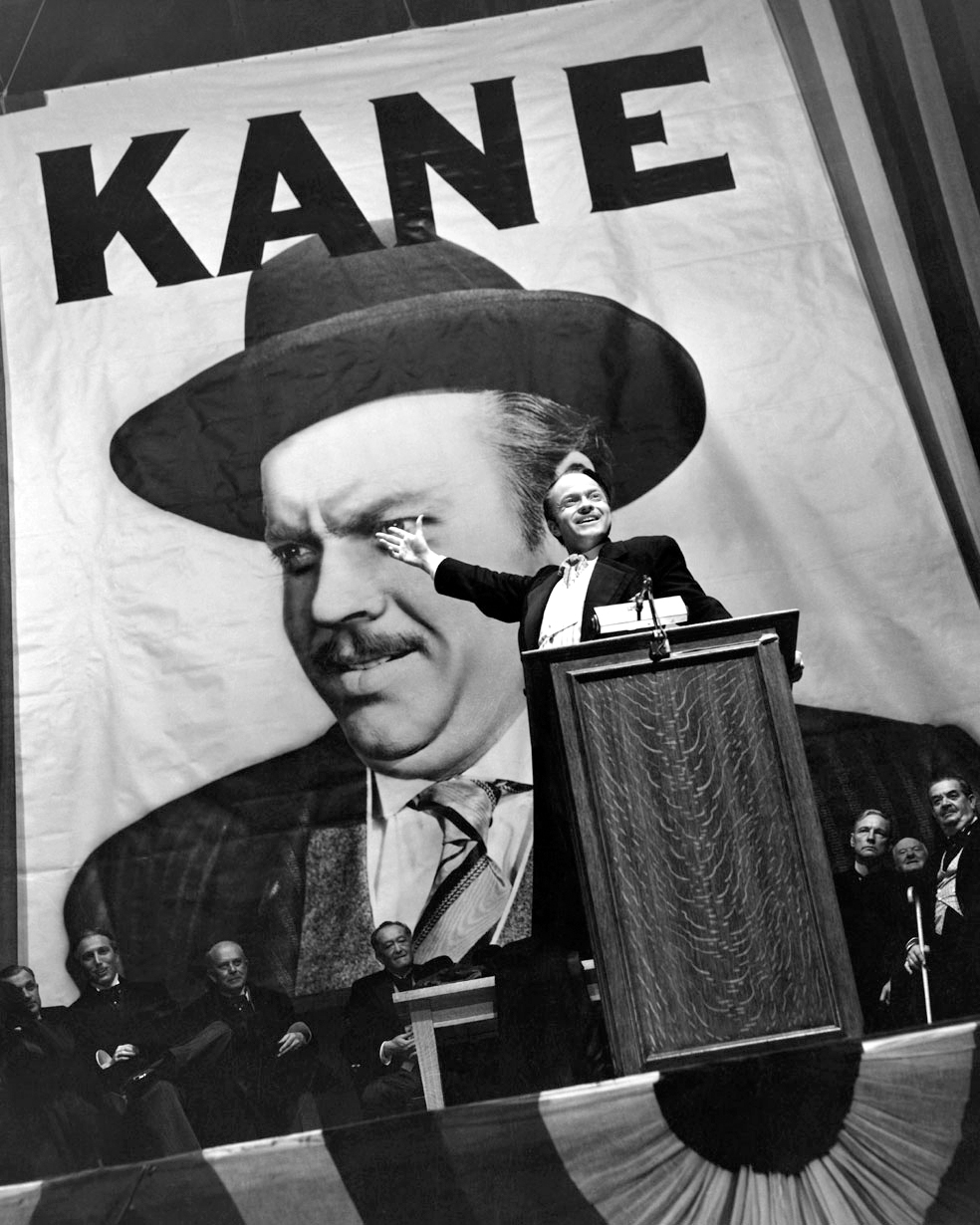Politics is everywhere today, isn’t it? It seems as though you can’t scroll through your newsfeed or read a newspaper without hearing about some conspiracy or protest group. We live in a troubling time where everyone’s opinion matters, except if it disagrees with yours.
Since the dawn of social media, political propaganda has run ramped across all forms of media and doesn’t appear to be going away anytime soon. One such form of media that has been tainted by politics in the past is the silver screen.
Now movies have been used to promote propaganda for decades. Films like “Dr. Strangelove” and “Citizen Kane” were driven by political bias. However today, movies are more politically driven than ever. Producers and writers seem more focused on appealing to different demographics and social-interest groups rather than make a good movie.
Regardless of where you may stand on these issues, you’ve seen both conservative and liberal messages promoted in films of all genres. But just how and when do these messages hinder modern cinema?
Now let me start off by clarifying that there is nothing wrong with a moral in a movie. Some of the greatest movies of all time are centered around a nugget of truth. As well, politics can add depth to a film if used correctly. “Captain America: Civil War” tied in political commentary very well. Rather than beat you over the head with one view, it showed both sides of the argument, and let the audience decide for themselves which to side with. Putting politics or a moral in a story is perfectly acceptable. The problem arises when the politics and moral are placed above the story.
A prime example of this is “Wall-E.” This movie starts off with breathtaking visuals, and a surprisingly beautiful love story between two robots trying to find plant life in a post-human earth.
Sadly, this otherwise creative and different premise for a movie is bogged down by an out of left field, ham-fisted message about capitalism and environmental preservation.
 Regardless of how you feel about the issues addressed, they totally suck you out of the experience of a movie. You’re no longer watching a story play out, you’re watching a public service announcement. You’re no longer being entertained, you’re being manipulated.
Regardless of how you feel about the issues addressed, they totally suck you out of the experience of a movie. You’re no longer watching a story play out, you’re watching a public service announcement. You’re no longer being entertained, you’re being manipulated.
So many movies have fallen victim to this flaw including “Iron Giant”, “Spiderman” and “The Matrix.” All of these are good films in their own right, but the sudden and blatant political agendas are so in your face, that they stick out like a sore thumb.
Some movies totally throw subtlety out the window and base the whole plot around political messages. Case and point, “The Emoji Movie.”
In addition to one-dimensional characters and shameless product placement, this abysmal excuse for a movie is like a jackhammer of political commentary to the forehead.
It doesn’t treat its audience with any respect and cares only about throwing in as many political messages as possible without any context or reasoning. This comes as less endearing, and more like passive aggressive marketing.
So it seems as though political agendas can in fact ruin movies, or at least make them less refined. But the question remains, should we avoid them all together?
The answer is yes and no. As I previously stated, there’s nothing wrong with including morals in a movie. After all, we live in a free country where we are blessed with the freedom to express our opinions and beliefs.
However, political issues are very divisive, and I believe they should not become the focus of movies that are meant to entertain. But it is not impossible to include social commentary in a movie without causing a riot.
 “Finding Nemo” does have an environmentally friendly undertone, but it’s never directly referenced and doesn’t overtake the story. The themes are there, but they’re not being shoved down your throat. The story and focus are on a father traveling the ocean to rescue his son and happen to come across obstacles like fishermen.
“Finding Nemo” does have an environmentally friendly undertone, but it’s never directly referenced and doesn’t overtake the story. The themes are there, but they’re not being shoved down your throat. The story and focus are on a father traveling the ocean to rescue his son and happen to come across obstacles like fishermen.
Whether or not people agree with what’s implied, they are more invested in the gripping story, so the movie is beloved on both sides of the political aisle.
In the end, it’s okay to include subtle political commentary as long as it’s not crammed in our faces, and as long as it doesn’t sabotage the plot.
Samuel Claude
Reporter

